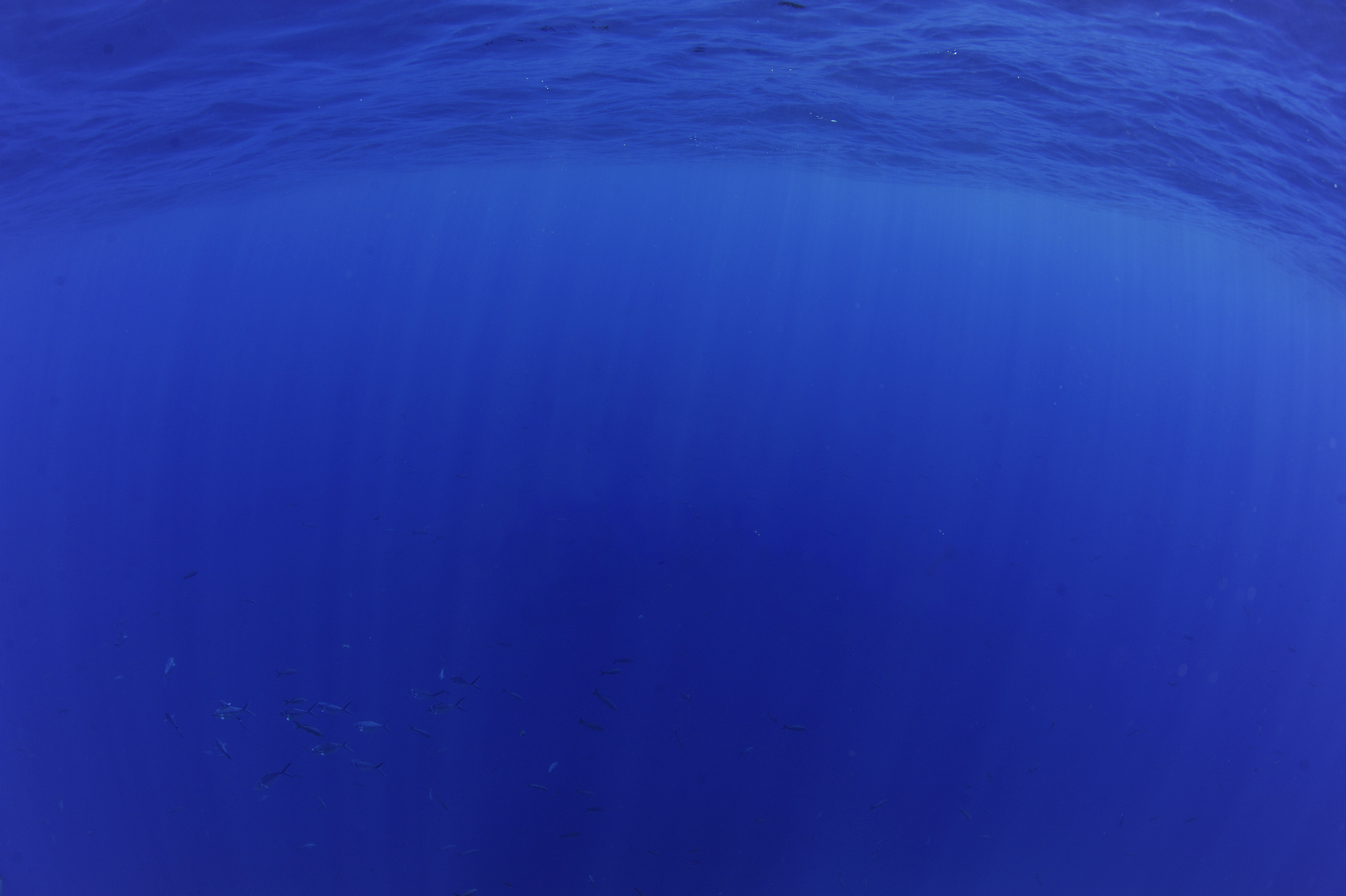
PROJECT OVERVIEW
The Sri Lanka and India Mobulid Project was started in 2012 by the Manta Trust and Daniel Fernando to learn more about fisheries and the trade of manta and devil rays. India has since been identified as one of the top source countries supplying gill plates to fulfil international gill plate demand. Manta and devil ray meat is also consumed locally, and daily catches are reportedly high in some areas. Despite being a globally prominent source country, there is little clarity on the status of the mobulid fisheries, trade and its drivers in India. Consequently, policy measures and recommendations have little evidential standing for these poorly studied species.
In 2023 Mayuri Chopra started conducting a vital fisheries and trade assessment in India as part of her PhD with the support of the Manta Trust and in 2024 officially took on the role of Project Leader for the India Mobulid Project, whilst Daniel continues to lead conservation vial efforts focused on Sri Lanka. Collaborating closely with the Manta Trust’s Fisheries and Policy team, Mayuri is working to fill vital knowledge gaps so that we can drive effective policy change and provide governing institutions with the knowledge and expertise that they require to implement policy changes. We are using a two-pronged approach to evaluate the status of mobulid fisheries and trade dynamics which includes the evaluation of socio-economic linkages through local ecological knowledge, and landing data analysis to provide a species-specific understanding of mobulids in East Indian coastal waters.
PROJECT GOAL
To reduce fisheries related mortality (targeted catches and bycatch) of manta and devil rays in India through locally driven conservation efforts.
MAIN OBJECTIVES
To achieve this goal, the India Mobulid Project works to meet the following objectives:
(1) There are more protective policies to support mobulid conservation in India;
(2) There is improved enforcement of existing protective policies in India;
(3) Mobulids are a lower target priority for Indian fishers;
(4) Indian fishers are working towards measure to reduce bycatch of mobulids;
(5) Regulations and effective enforcement exist to reduce mobulid bycatch mortality;
(6) More people (a diverse range of individuals) local to our initiatives play an active role in the design and implementation of these initiatives;
(7) A greater diversity of people in India seek careers in the marine conservation sector.

PROJECT LEADER - MAYURI CHOPRA
Mayuri is a shark and ray researcher working in the field of marine conservation in India. She is currently pursuing her PhD at The University of Oxford for conservation of Manta and Devil rays through fishery and trade assessment and identifying socio-economic linkages of the fishery.
Her research interests include devising solutions for complex interdisciplinary fisheries, and illegal or unsustainable wildlife trade in elasmobranchs. She is especially interested in designing practical interventions in conservation that include and value the voices of the fisher communities amongst other stakeholders.
Other staff: Dr T. Mohanraj, Tejaswi Abhiram Nagam

Key Achievements
Project Leader awarded the Rajiv Gandhi Scholarship for Academic Excellence, State government of Rajasthan, Government of India for this project.
Project Leader awarded the Society for Conservation Biology - Graduate Student Research award for distinguished service in conservation in 2023.
Project awarded the International Science Partnerships Fund (ISPF) Institutional Support Grant, Overseas Development Aid (ODA) for sustainable development by the UK government.
Photos from the field





















